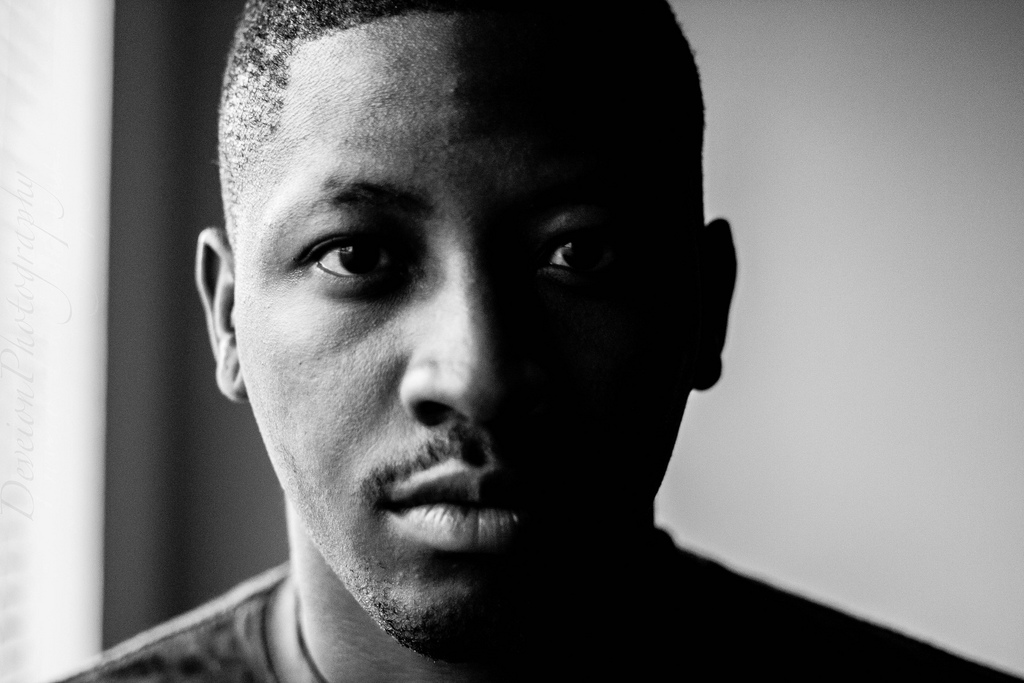If you are a regular reader of The Change Blog, odds are you’re looking to better yourself. You’re trying to make a career change, make yourself happier, or just gain a little extra advice from someone who has been down a similar path. You likely yearn to break bad habits and form good ones. You want to start a new day knowing that you’ve made just a little bit of improvement on yourself over the last. All of these are noble goals.
Notice, however, how all the prior sentences begin with “you.”
The word “self-improvement” seems to imply that you are taking a solitary journey meant to impact only one person: you. Social media and other modern forms of communication strengthen this commitment to you. Your tweets. Your status. Your text messages. Your life. But the truth is, self-improvement can’t happen if you only focus on you. You have to take others into consideration, whether that be your friends and family, your co-workers, your community, or even the world.
Consider this scenario: You hate your job and want to move onto something more exciting. Having tried and failed to land a different job, you may ask yourself, “Why can’t I get that new job?”
But a better question to ask would be, “What can I do to make myself more attractive to employers in this field?”
We don’t live in a bubble. Our lives have meaning because we have a plethora of relationships with a variety of people. We don’t stay friends with people who always expect us to wait on them hand and foot. We stay friends because both parties get something out of the relationship: a sympathetic ear, fun nights out, or just the occasional holiday card. Almost all of our self-improvement goals have an impact on these relationships, and when you ignore them to the exclusion of simply bettering yourself, you can miss the point of why you are improving in the first place.
I’m not advocating that you should only think of others when trying to improve yourself. Not considering how a decision could impact your own life would be foolish. But when you’re trying to make yourself a better person, ask who it is for. Obviously, it’s for you, but your self-improvement will likely impact others. Your spouse. Your parents. Your neighbors. When you tackle a self-improvement goal thinking of all the stakeholders involved, especially when the stakeholders will have a large impact on whether your self-improvement succeeds or not, you will increase your own likelihood of reaching your goal.
I, myself, am an introvert by nature. I appreciate the value of criticism, but often don’t like when it is directed at my actions. I can get offended and shrug off all negative responses to my actions as irrelevant. However, there have been many times in my life when I absorbed criticism, and it made my stronger. I forgave other people, and ended up feeling better myself. I recognized I was unhappy through the actions of others and changed my situation, which made it easier for me to be happy again. I realized that I hurt someone and apologized, and later on, that person kept me company during a difficult part of my life. By not making excuses for myself, but instead, trying to look at myself through the eyes of someone else, I was able to self-improve. I couldn’t have done it without that extra perspective.
Good luck with all the resolutions you make this year. If you’re still working on the one you made, I hope you look at your resolution through someone else’s eyes. If you’ve already given up, ask yourself why, and whether considering someone else could help you. We don’t live in this world alone, and the impact we have on others is almost always larger than we realize.





Hello Deborah!
I agree, we don’t live in a bubble and the sooner we realize, the better. It’s the people around us that make our lives meaningful. And if we become too inwardly focused, we risk the danger of becoming disconnected from the world and failing to fulfill our unique purposes in life.
Great article!
Cheers,
Nelu
Hello
Great read and I totally agree we are not alone in our lives, we may live alone but we interface with so many people on a day to day basis and at a basic level we form a relationship with. The person at the checkout, that we may never see or talk to again, we still get into a relationship at the point of paying for our shopping. We can improve ourselves by improving how we interface with everyone that crosses out paths.
regards
Stewart
shoshinselfdevelopme.ipage.com